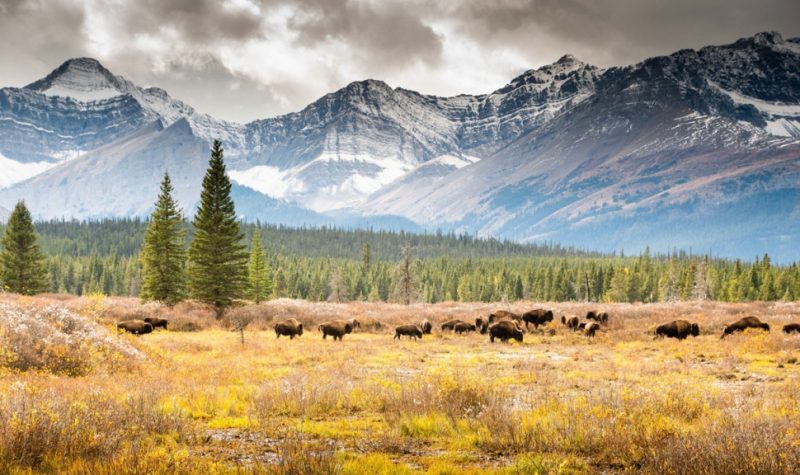Since the idea of it came up in November 2021, HOWL has been providing camp programs in the Bow Valley to both Indigenous and non-Indigenous youth to learn about their land, the history behind it, and to learn about themselves.
HOWL has grown into three different areas since it began; the 'Rockies Exploration' based out of Canmore, the 'Yukon Exploration' based out of the Kluane Lake Research Station which lies 220km northwest of Whitehorse, and the 'Maritimes Exploration' based in Nova Scotia. There are also future plans to start a program in B.C.
HOWL starts their next run of programs soon. The 'Yukon Exploration' runs from 5th-12th, the 'Maritimes Exploration' runs from October 2nd-11th, and HOWL will run their first ever semester in the Rockies from October 2nd to December 15th, which will start in Canmore and will involve exploration throughout the Rocky Mountains in Alberta.
Daryl Kootenay, the Co-Director at HOWL who is also from the Stoney Nakoda First Nation, talked about the programs in an interview with CFWE. He mentioned that "these programs are focused on a variety of areas like environment, climate change, Indigenous rights and Indigenous issues".
"Reconciliation is the main theme, we like to bridge western and Indigenous knowledge into our programming. We bring the students from across Canada to work either directly, or to hear about the work that they're passionate about", Kootenay added.
With how far HOWL has expanded, Kootenay says it's all about its roots, saying that "because HOWL was created in the Bow Valley, there was already a relationship with the local Indigenous peoples like me, elders, and community members".
"With reconciliation and bringing in traditional Indigenous knowledge, I like to say that the Bow Valley is where we pilot a lot of those programs and see what works best and what doesn't, then we utilize that model ", Kootenay said.
For Kootenay, the impact of reconciliation is very important for youth, both Indigenous and non-Indigenous. That impact keeps him working hard to bring HOWL to new heights and new people.
"In a time of reconciliation, it's really tough to try and work on reconciliation as a young person. For me, this work is very important because we're trying to find ways when there's not really any pathway paved out for Indigenous and non-Indigenous to work together. Being able to work and build relationships in a time of healing, I see it as a way of healing", Kootenay said.
More information about HOWL and its programs can be found on their website.
Listen to the full CFWE interview with Daryl Kootenay below:


